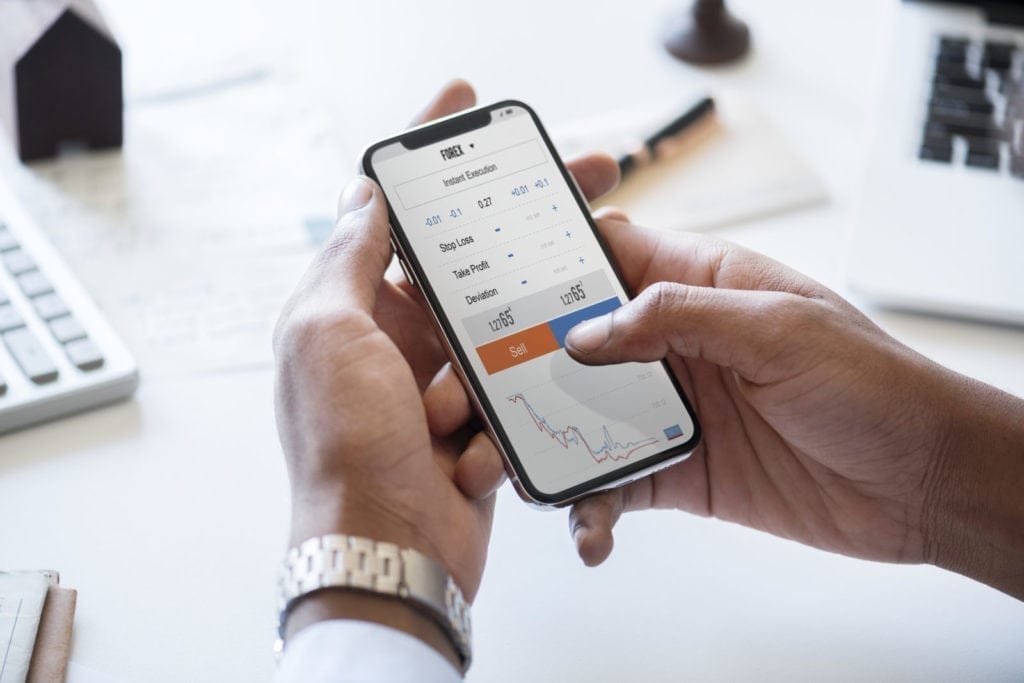When it comes to investing your money in companies, there are two main approaches. You can buy company shares directly, or put your money into a fund which does the work for you. Read on to discover what’s right for you.
Investing in shares, typically through a stockbroker, lets you plump for companies you think will rise in value over time. We call that DIY investing.
When you use an investment fund, a professional fund manager invests on your behalf in a range of assets.
How much control do you want?
The big advantage of investing in shares is that you control exactly what you own. As a part-owner of the company, you can add to or sell your holding any time.
If you’ve invested in funds, the fund manager will take those decisions on your behalf.
The DIY approach means you’ll have to do your own research and admin regarding your investments.
If you choose the funds route, you can decide the broad direction, and the fund manager takes care of the day-to-day details. Many people like this approach, because once the investment plan is in place, they find it easy to keep doing the right thing with their money.
How will you spread your risk?
It’s hard work to truly spread your risk – and your opportunities for growth – if you invest directly in shares.
Some experts say you’d need to invest at least 20 companies in different industries and regions to spread your risk responsibly. You’d probably need to research and monitor many more.
One reason funds are attractive because they offer a much easier way to diversify your investments.
Through a single fund, it’s possible to expose your money to growth opportunities across the globe, in numerous different industries. You can also invest in multiple kinds of asset through a single fund – for example, in bonds, property and commodities as well as company shares.
If you’re short of time, or don’t enjoy spreadsheets, maintaining a portfolio yourself may not be the best option for you.
How do the costs compare?
It’s difficult to compare the costs of investing in shares and in funds directly.
For example, Moneycube provides advice from a Qualified Financial Advisor when advising customers on fund investments. That’s different from an ‘execution only’ request to a stockbroker, where they will simply buy or sell what you ask them to.
When you buy shares, you’ll generally need to pay stockbroker dealing costs and stamp duty everytime you invest. Some Irish brokers also charge a quarterly or annual maintenance fee.
By contrast, investing in funds generally doesn’t involve a dealing cost. (That makes funds particularly attractive for regular investing).
Instead, with funds the fees are often an annual percentage of your investment (you can read about our fees here).
But if you invest in funds, you’ll have to pay a management charge to the fund manager for their work in running the fund.
Share investments and dividends are also taxed very differently from investment funds, which are taxed under Ireland’s exit tax regime. Many fund providers will handle all the tax admin for you, and can often shelter any gains from tax when you change your fund choices within a life assurance policy.
If you invest in shares directly, you’ll almost certainly need to complete a self-assessed tax return.
What’s right for you?
There are benefits to both approaches to investment (and of course it’s possible to do a bit of both). What’s right for you depends on how much control you require, and how much time you want to spend on managing your money.










